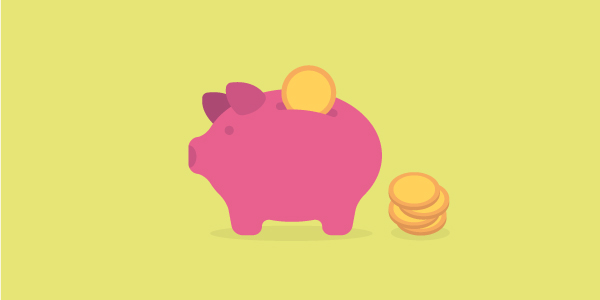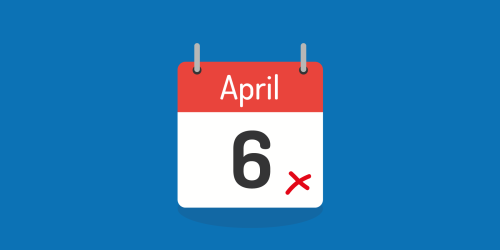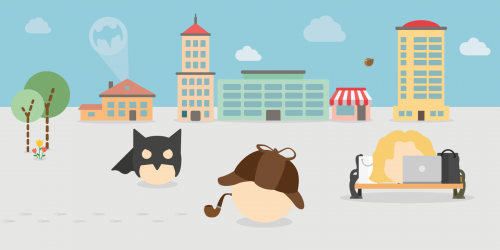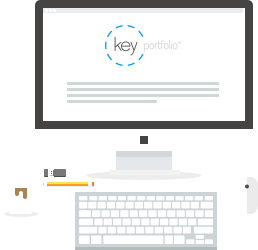The new tax year and your take-home pay
2 minutes to read

The new tax year starts on 6th April and as always it brings a few changes that will affect your take-home pay. Let’s take a look at what this might mean for you.
The changes for 2018/19 are:
- The basic tax-free personal allowance will rise from £11,500 to £11,850. For many of us, this means a new tax code. For example, if yours is 1150L, it will become 1185L.
- In England, Wales and Northern Ireland, you’ll pay basic rate tax (20%) on earnings up to £34,500 (up from £33,500 last year) over your personal allowance.
- In England, Wales and Northern Ireland, you will pay higher rate tax (40%) on earnings between £34,501 and £150,000 over your personal allowance.
- In Scotland, there are now five income tax bands instead of three.
- Student loan repayments for those on Plan 1 will be calculated on earnings over £18,330 (up from £17,775 last year). For those on Plan 2, repayments will be calculated on earnings over £25,000 (up from £21,000 last year). Learn more: am I Plan 1 or Plan 2?
- If you’re in an automatic enrolment pension scheme, minimum contributions rise to 3% for employees (up from 1% last year) and 2% for employers (up from 1% last year).
- Contributions will be calculated on your pensionable earnings between £6,032 and £46,350 (last year it was between £5,876 and £45,000).
How does this affect my pay?
Each of these changes affect take-home pay in different ways.
Going up…?
Most people will pay £70 less tax this year, thanks to the higher tax-free personal allowance. There’s a bigger saving if you’re a higher rate taxpayer who doesn’t live in Scotland, because you’ll be paying 40% tax on a smaller portion of your earnings.
If you live in Scotland, the £70 saving may or may not be offset by other changes, depending on how much you earn. If your income is under £33,000, you’re likely to be slightly better off.
For anybody paying off a student loan, each repayment will be lower.
Going down…?
If you’re in an automatic enrolment pension scheme, your contributions will most likely be higher. But of course, this money goes straight into your pension pot for when you retire. Learn more about your pension in our support centre.
The bottom line
These factors will balance out differently for each person, with the overall impact depending on your income level, where you live and whether or not you’re in an automatic enrolment pension scheme. If your take-home pay goes down, it’s most likely because you’re saving more for your retirement.
The new tax year happens around Easter, when many people take a break from work. It’s worth noting that if you’re on a cumulative tax code, your first payment after the holiday may be higher than usual.




